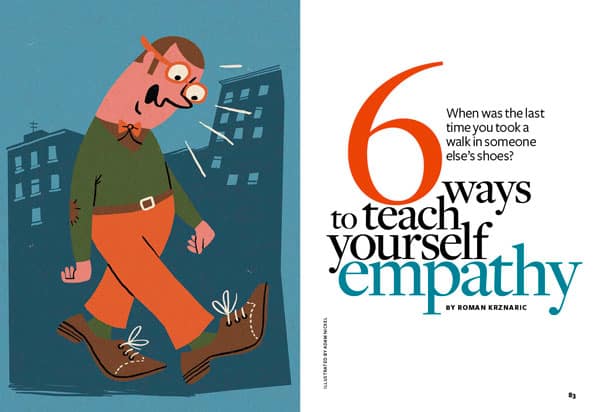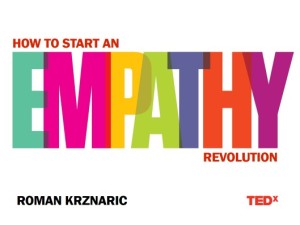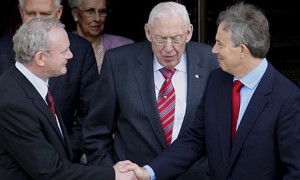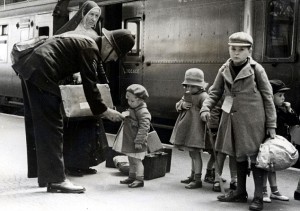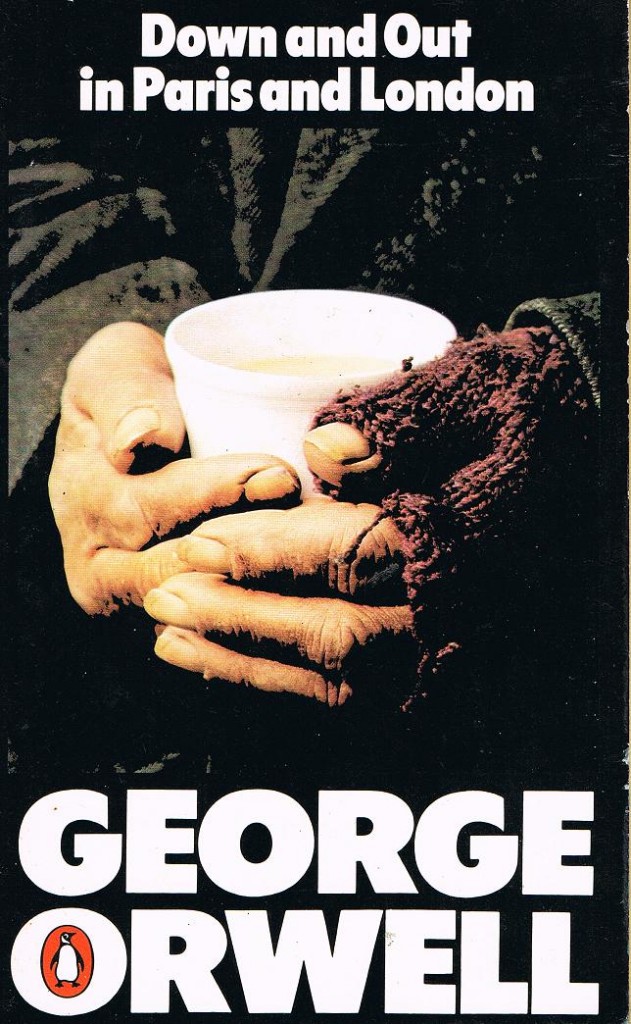Ever visited a Human Library?
As part of the lead-in to the official launch of the Empathy Museum later this year, we are holding our first ever event this coming Sunday, May 10 at the renowned Whitechapel Gallery in East London.
The Human Library is part of Refashion East, a weekend of events exploring London’s fashion industry from its historic roots in the East End rag trade.
Visitors will have a chance to step into the shoes of those who create the fashion industry by ‘borrowing’ them for a one to one conversation. A Human Library is like any other library, except that all the Books are people with a story to share – Living Books. There will be 20 Living Books on the shelves of the Whitechapel Gallery, telling stories from their unique perspective of the fashion business. You might find yourself speaking with a Primark sales assistant, an 80-year-old fabric merchant, a high-end tailor, a fashion designer, an up-cycler or a cobbler.
You can get your tickets here – be quick, they are in short supply.
Find out more about the Refashion East weekend in Time Out.
The Empathy Museum is an experiential project exploring the art of empathy through stepping into the shoes of other people and looking at the world though their eyes. Discover what it’s all about in our video.

